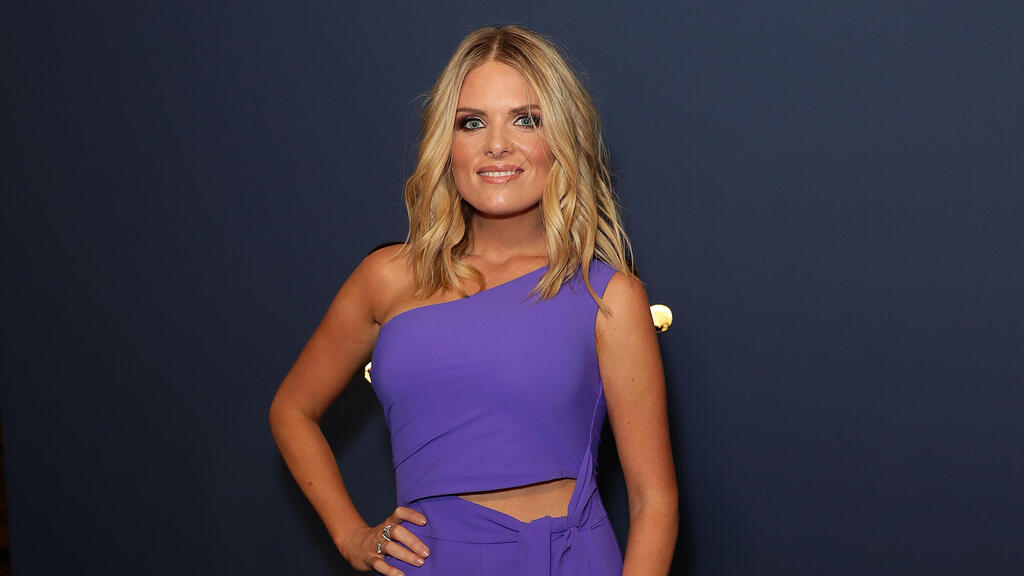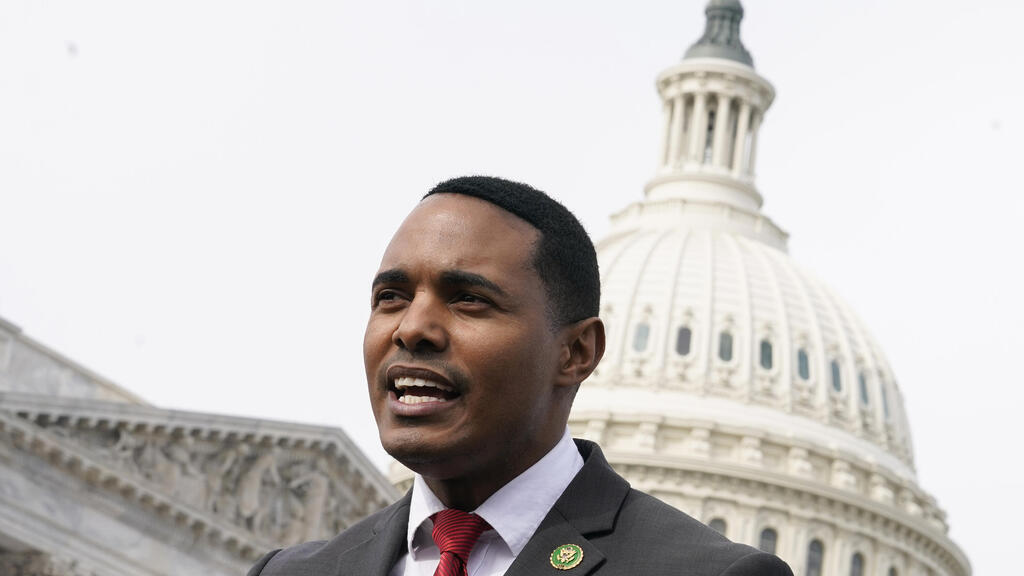Getting your Trinity Audio player ready...
The recent dismissal of Erin Molan, a prominent Australian journalist and vocal supporter of Israel, from her position at Sky News Australia has sparked significant debate. While the network has not disclosed specific reasons for her termination and has even come out to say that it was not because of her pro-Israel stance, many within the Jewish community suspect that this was indeed the case and her outspoken support for Israel played a role.
Molan’s firing came amidst a troubling rise in antisemitism in Australia that has seen the firebombing of a synagogue in Melbourne and discriminatory visa policies targeting Israelis, which highlight an environment that is becoming increasingly hostile toward Israel. Molan's consistent and courageous defense of Israel is all the more remarkable in light of these developments. Her statements, such as “Israel is fighting for peace,” have resonated deeply with Jewish communities worldwide but have also made her a target.
The Jewish community has unfortunately become accustomed to being vilified or marginalized, and we view such dismissals through the lens of antisemitism. While every decision has its complexities and two sides to consider, it is difficult to ignore the pattern: allies who vocally support Israel often face backlash or professional consequences. Since October 7, when Hamas launched its brutal attack on Israel, this pattern has only intensified. Many Jews now expect that anyone who publicly supports Israel will eventually face repercussions.
Molan’s case is unfortunately not unique. Across industries—academia, media, and beyond—those who defend Israel often find themselves ostracized or dismissed. The cancel culture has evolved into a tool that is aimed directly at silencing dissenting voices under the guise of accountability or keeping the peace or status quo. For Molan, this meant not only losing her platform but also enduring death threats against herself and her young daughter. Despite this, she has remained steadfast in her commitment to speaking out, embodying the courage that allies of the Jewish community must often summon.
Molan’s bravery underscores an essential truth: supporting Israel or standing against antisemitism is not an easy path for non-Jews. It requires resilience and a willingness to face personal and professional risks. Yet it is precisely because of these risks that such allies deserve our recognition and unwavering support.
As Jews, we are adept at identifying those who oppose us. However, we must become equally skilled at recognizing and supporting those who stand with us. Figures like Erin Molan are rare but invaluable. Their advocacy amplifies our voices and challenges pervasive double standards in the global discourse about Israel.
Get the Ynetnews app on your smartphone: Google Play: https://bit.ly/4eJ37pE | Apple App Store: https://bit.ly/3ZL7iNv
This is not just about Molan or other prominent figures like U.S. Congressman Ritchie Torres, Senator John Fetterman, and others, who have consistently defended Israel in American politics. It extends to unsung heroes—individuals who risk their reputations or safety to combat antisemitism or defend Jewish values. Other examples of such individuals are the Muslims who risked their own lives to save the lives of Jews during moments of crisis on October 7, or a more historical example, of the Righteous Among Nations such as Oscar Schindler and others who put their lives on the line to save Jews during WWII. These acts of humanity remind us that even in dark times, there are those willing to stand on the side of justice.
What makes Molan and the others mentioned above so special is their unwillingness to accept the double standards that are applied to the Jewish people. The most recent example of this is the world’s response to Israel entering sections of Syria close to its border in order to prevent terrorist entities from attacking the Jewish state. Meanwhile, Turkey has been occupying far larger sections of Syria, carrying out raids and attacks on Kurdish people and there has been no international uproar. Russia and the United States have had a military presence in Syria for nearly a decade with no public outcry. Yet when Israel makes small advancements in order to protect itself from insurgents in the area and protect UN troops that came under fire from those insurgents, it is vilified.
This hypocrisy extends to how allies like Molan are treated; their support for Israel is often framed as controversial or biased rather than principled. The Jewish community cannot afford to remain passive in the face of such injustice. We must challenge these double standards wherever they appear and advocate for fair treatment—not just for ourselves but for those who defend us.
We must celebrate these allies and ensure they know they are not alone. Whether through public acknowledgment, financial support for their initiatives, or simply sharing their stories widely, we have a responsibility to uplift them.
- The writer is Aish’s CEO and the chair of Aish Ha'am



